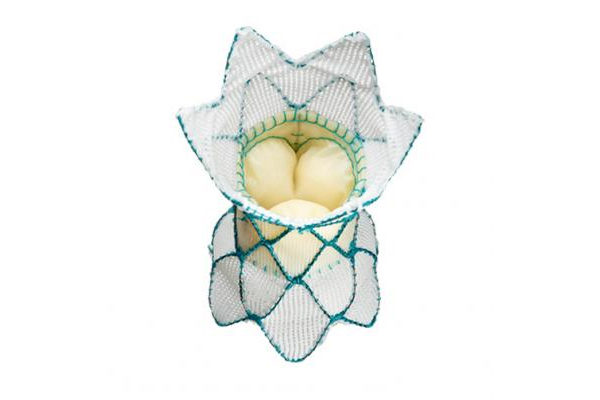
Editor’s note: The following is an excerpt from an article published on April 15, 2016, by Diagnostic and Interventional Cardiology.
April 15, 2016 — The first clinical data on the Medtronic Harmony Transcatheter Pulmonary Valve (TPV) from its early feasibility study, demonstrated positive initial outcomes at six-months in patients with an indication for pulmonary valve restoration. The initial results were presented during the American College of Cardiology (ACC) 2016 meeting. Following the positive initial data, a pivotal investigational device exemption (IDE) study is planned to start in late calendar year 2016, pending approval from the U.S. Food and Drug Administration (FDA).
The first-of-its-kind early feasibility study was initiated by Medtronic in close collaboration with the FDA in an effort to develop a minimally invasive alternative to open-heart surgery for patients with congenital heart disease (CHD). Approximately one in five patients born with congenital heart disease have an abnormality of their right ventricular outflow tract (RVOT). In these patients, there are primarily two options currently used to facilitate blood flow from the heart to the lungs: an open surgical valve replacement (80 percent) or an open surgical valve-conduit implant (20 percent). In the latter case, when the conduit fails, a non-surgical valve such as the globally approved Medtronic Melody Transcatheter Pulmonary Valve (TPV) System — which helps restore pulmonary valve function and delays additional surgical intervention — may be an option. The Harmony TPV may prove to be a less invasive option for approximately 80 percent of patients who currently undergo initial open heart surgical valve replacement to restore normal valve function.